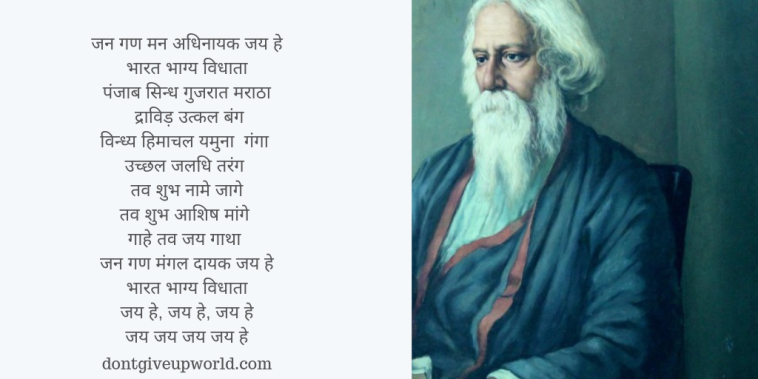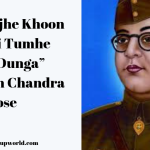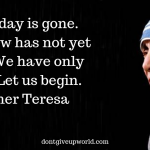
National Anthem of India
Jana-gana-mana-adhinayaka, jaya he
Bharata-bhagya-vidhata.
Punjab-Sindh-Gujarat-Maratha
Dravida-Utkala-Banga
Vindhya-Himachala-Yamuna-Ganga
Uchchala-Jaladhi-taranga.
Tava shubha name jage,
Tava shubha asisa mage,
Gahe tava jaya gatha,
Jana-gana-mangala-dayaka jaya he
Bharata-bhagya-vidhata.
Jaya he, jaya he, jaya he, Jaya jaya jaya, jaya he!
Unity in Diversity: Jana Gana Mana
Introduction
Jana-gana-mana-adhinayaka, jaya he—these evocative words resonate across the diverse landscapes of India, weaving together a tapestry of unity. The national anthem, penned by the illustrious poet Rabindranath Tagore, celebrates the spirit of our nation, where myriad cultures, languages, and traditions coalesce into a harmonious whole.
The Melody of Pluralism
In the heart of Bengal, on a crisp December morning in 1911, Tagore composed the original Bengali song, Bharoto Bhagyo Bidhata. Its five stanzas extolled the rich heritage of India, invoking the blessings of the supreme ruler who guides our destiny. Yet, it is the first stanza that resonates most profoundly:
Jana-gana-mana-adhinayaka, jaya he
Thou Art the Ruler of the Minds of All People
This anthem transcends mere words; it encapsulates the essence of our nation—a vibrant mosaic of Punjab, Sindh, Gujarat, Maratha, Dravida, Utkala, and Banga. The rivers Vindhya, Himachala, Yamuna, and Ganga flow through our collective consciousness, uniting us like threads in a cosmic fabric. The undulating waves of the Uchchala-Jaladhi symbolize our resilience, ever surging forward.
The Birth of a Song
On a historic day in 1911, Tagore’s niece sang Bharoto Bhagyo Bidhata at the Indian National Congress session in Calcutta. The melody, set in raga Alhaiya Bilaval, echoed through the hallowed halls, stirring hearts. Little did they know that this hymn would soon echo across the vast expanse of India.
Transitioning Through Time
Fast-forward to 1950—the Constituent Assembly of India bestowed upon it the title Jana Gana Mana. The anthem, now sung in Sadhu Bhasha, a Sanskritized dialect, became our collective voice. Its formal rendition takes 52 seconds, but occasionally, a shorter version graces our gatherings:
Jaya he, jaya he, jaya he, Jaya jaya jaya, jaya he!
For More Info Click Here
More Such Article Click Here




GIPHY App Key not set. Please check settings